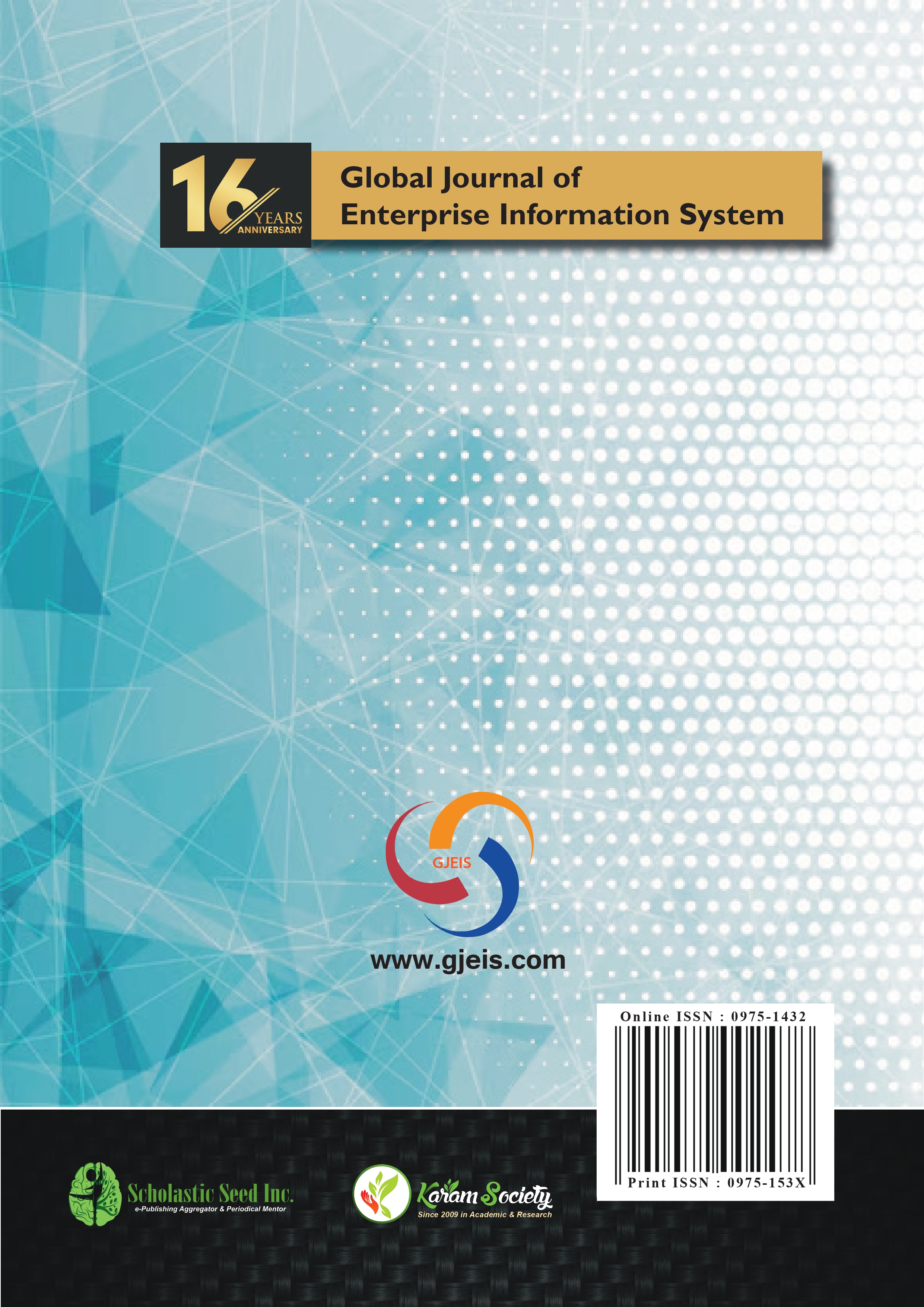Social Work Response to Community Based Disaster Risk Management (CBDRM)
Abstract
Purpose: Social work aims to strengthen individuals, groups, and communities. Itplays a vital role in the effective management of community based disaster risk. This study explores the role of social work in effective CBDRM by highlighting the appropriateness of the various methods of social work viz. casework, group work, community organization, social action, social welfare administration, and social work research. It further captures information and connects disaster risk reduction with social work and attempts to develop an interlinkage between Community based Disaster Risk Management(CBDRM) and social work.
Design/Methodology/Approach: The study is based on secondary data. Various papers and reports published in the domain of social work are analysed and discussed.
Findings: Social workers enable to play a potentially key role in disaster recovery by facilitating community development, restoring livelihoods, providing psychosocial support, and building capacity in local communities. The social worker can play a vital role in minimising disaster risk and creating community resilience through Community Based Disaster Risk Management in various stages of disaster management through community involvement.
Originality/Value: Local communities can play a vital role in disaster mitigation, preparedness, response, and recovery. Community Based Disaster Risk Management (CBDRM) involves engaging the at-risk communities to actively participate in the identification, analysis, treatment, monitoring and evaluation of disaster risks in order to reduce their vulnerabilities and enhance capacities, through a decentralized planning process.
Paper Type: View Point.
Copyright (c) 2023 Global Journal of Enterprise Information System

This work is licensed under a Creative Commons Attribution-NonCommercial-NoDerivatives 4.0 International License.








